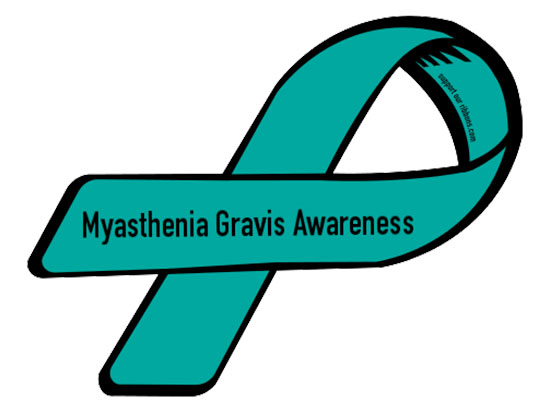 A University of Alabama at Birmingham researcher’s work on gender and quality of life of patients with myasthenia gravis was honored as the best abstract by the American Association of Neuromuscular and Electrodiagnostic Medicine.
A University of Alabama at Birmingham researcher’s work on gender and quality of life of patients with myasthenia gravis was honored as the best abstract by the American Association of Neuromuscular and Electrodiagnostic Medicine.
Myasthenia gravis is a chronic autoimmune neuromuscular disease that causes weakness in the skeletal muscles, which are responsible for breathing and moving parts of the body, including the arms and legs.
Ikjae Lee, M.D., assistant professor in the Department of Neurology in the UAB School of Medicine, presented Gender and Quality of Life in Myasthenia Gravis Patients From The Myasthenia Gravis Foundation of America Registry at the 2017 AANEM annual meeting in mid-September.
The MGFA Patient Registry is a confidential database of people with MG built for research, treatment and patient information. In his review of the data, Lee noted that sex differences were clearly present in the MG population, and the effect of thymectomy appeared to be different as well.
| The key findings of his research showed that quality of life is impaired more so in women than in men with MG. Specifically, it showed that daily function was more impaired, comorbid autoimmune disease was more common, and fatigue and depression scores were worse in women. |
The key findings of his research showed that quality of life is impaired more so in women than in men with MG. Specifically, it showed that daily function was more impaired, comorbid autoimmune disease was more common, and fatigue and depression scores were worse in women as well. When looking at quality of life scores of those with and without thymectomy, his research showed that quality of life scores were significantly better in women who had thymectomy than in women who did not. The improvement was not observed in men who had thymectomy.
The hallmark of myasthenia gravis is muscle weakness that worsens after periods of activity and improves after periods of rest. Certain muscles such as those that control eye and eyelid movement, facial expression, chewing, talking, and swallowing are often involved in the disorder. The muscles that control breathing and neck and limb movements may also be affected.
“Dr. Lee’s research has revealed meaningful insights into the treatment and management of patients with myasthenia gravis,” said Francis O. Walker, M.D., co-chair of the meeting’s program committee. “This is why we selected this abstract for the 2017 AANEM Best Abstract Award. This research will help fellow MG doctors in determining the right treatment options for MG patients.”
“This award has given me strong confidence that I am on the right path,” Lee said. “It also has provided an excellent opportunity to introduce the Myasthenia Gravis Foundation of America Patient Registry to fellow myasthenia gravis researchers as the data are open to those with ideas.”